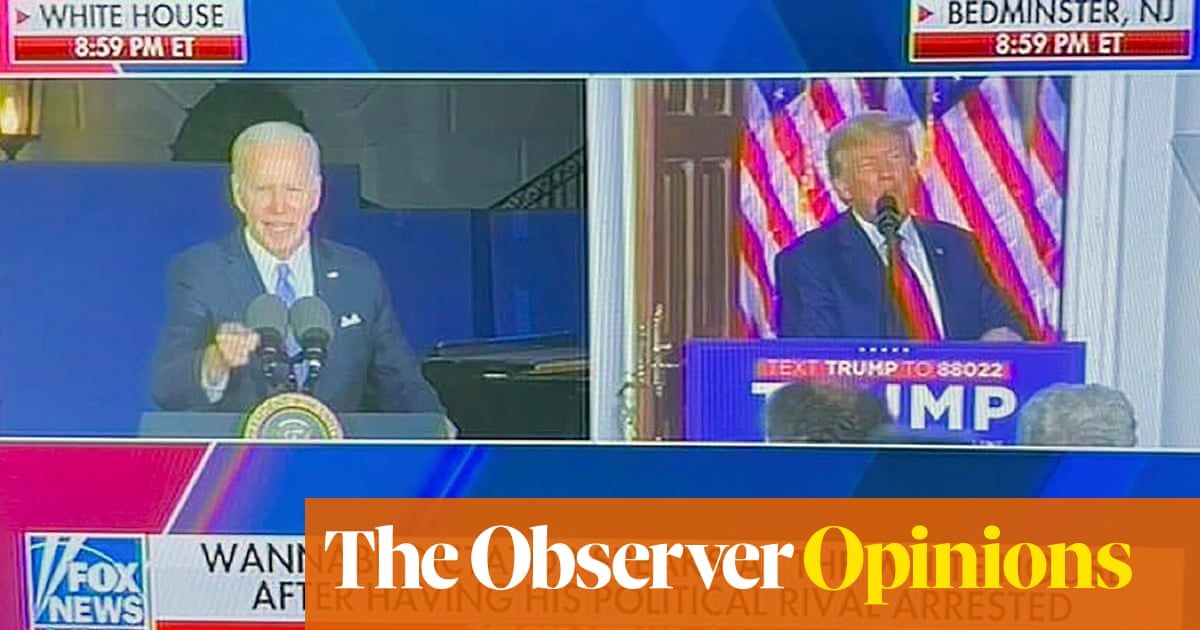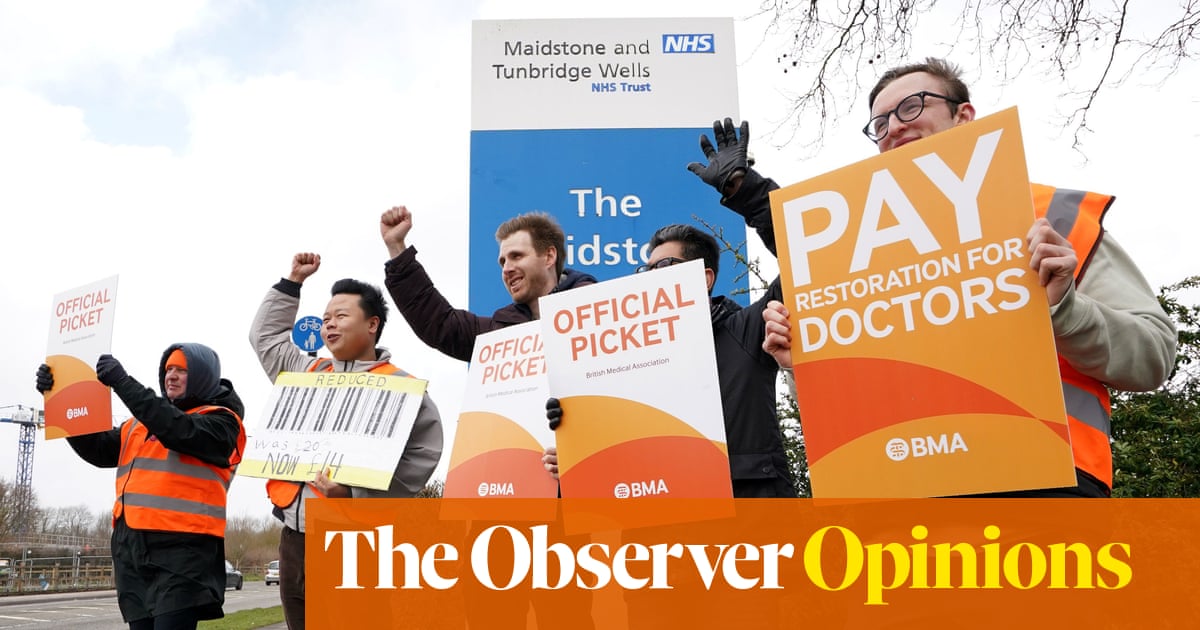
Arab News/YouGov survey asked residents of 18 Arab countries about their idea of the three biggest threats facing the US
Complex set of sentiments and emotions cited behind Arab views on racial strife abroad given the divisions closer to home
NEW YORK CITY: When George Floyd drew his last breath under the knee of a Minneapolis police officer on May 25 this year, footage of his death flooded television screens and social media platforms around the world.
Months later, civil unrest continues to rage across the US. Americans from all walks of life are marching to demand equality, justice and the abolition of institutional racism, especially among the police, under the flag of Black Lives Matter.
Floyd’s death also struck a painful chord in the Arab world. From Cairo to Beirut, vigils were held for this African-American victim of police brutality — another “one too many.”
Arab empathy, however, appears to be mitigated by a complex set of sentiments and emotions in response to racial strife in America.
When a recent Arab News/YouGov survey asked Arabs across 18 Middle East and North African countries what they believe are the three biggest threats facing America, white nationalism came out first with 32 percent.
Emad El-Hady, Washington-based author and political analyst, believes there is an element of schadenfreude in the way Arabs view the US race protests as highlighting the chronic inequality between whites and ethnic minorities.
“Part of the Arab reaction was: ‘Look at America! This is the country that is lecturing us day and night about human rights! Now, look at how they treat their people!’” he said.
“But also, to a certain extent, (survey participants) are right in singling out white nationalism. There is a lot of talk today that America is on the verge of a civil war, because the tension is really high. But I think this could only happen if the election results are disputed, and more likely so if Trump loses.”
Donald Trump, the White House incumbent, has been accused by his critics of flirting with the white nationalist vote and refusing to condemn ‘alt-right’ movements. This stance has been interpreted by groups such as the far-right Proud Boys as a rallying cry for them to prepare to fight a “fraudulent” election on Nov. 3, “rigged by the far-left.”
Beyond the ghost of “civil war” brandished by US media commentators on both sides of the partisan divide, El-Hady believes America has reached a reckoning. “Let’s not forget that racism is 400 years old and cannot be overcome overnight. But now, a lot of white people are looking back and saying, ‘What have we done to these people?’”
However, El-Hady says his own views are in closer alignment with the 22 percent of participants in the Arab News/YouGov survey who identified China as the biggest threat to the US.
“White nationalism is containable and contained. But who can beat China? It is the biggest threat because it has beaten the West at its own game. Beijing played into the hands of market capitalism but with an advantage of being a one-man show. Here in the US, we fight every election over immigration, healthcare, arms possession. In China, the guy just has to press a button and the problem is solved.”
It could be that those Arabs who say white nationalism is America’s greatest peril are in fact exposing their own anxieties about ethnicity, sectarianism and violent extremism.
“Islamic extremism, be it in its Salafist or Muslim Brotherhood versions, uses force to change the world view, starting in their own country, and expanding to include infidels of other nations. Look what just happened in France,” El-Hady said, referring to Samuel Paty, a teacher who was beheaded near his school on Oct. 6 for showing cartoons of Prophet Muhammad in class.
The perpetrator, an 18-year-old ethnic Chechen named as Abdullakh Anzorov, is alleged to have had ties to Islamic extremist groups abroad.
“These terrorist organizations that have plagued the Arab world are much more dangerous than white nationalism,” said El-Hady.
Arabs also appear to relate to the inequality suffered by ethnic minorities in America, with 35 percent of them identifying inequality is the biggest woe for average Americans.
“When Egyptians took to the streets they chanted: ‘Bread. Freedom. Social justice.’ Iraqis rose in anger against corruption, the lack of opportunity, and inequality. And it took Algerians three months to unseat a government amid high unemployment. Libya is tearing itself apart. Sudan’s deprivation is unrivaled. And Yemen is a poor country by definition,” El-Hady said.
“It is all about a fair share of the wealth and opportunity. This is a very American term upon which the whole American model is based — that everybody should have a shot at wealth, success, and education. If America is failing at this, what do you expect from the Arab world?”












